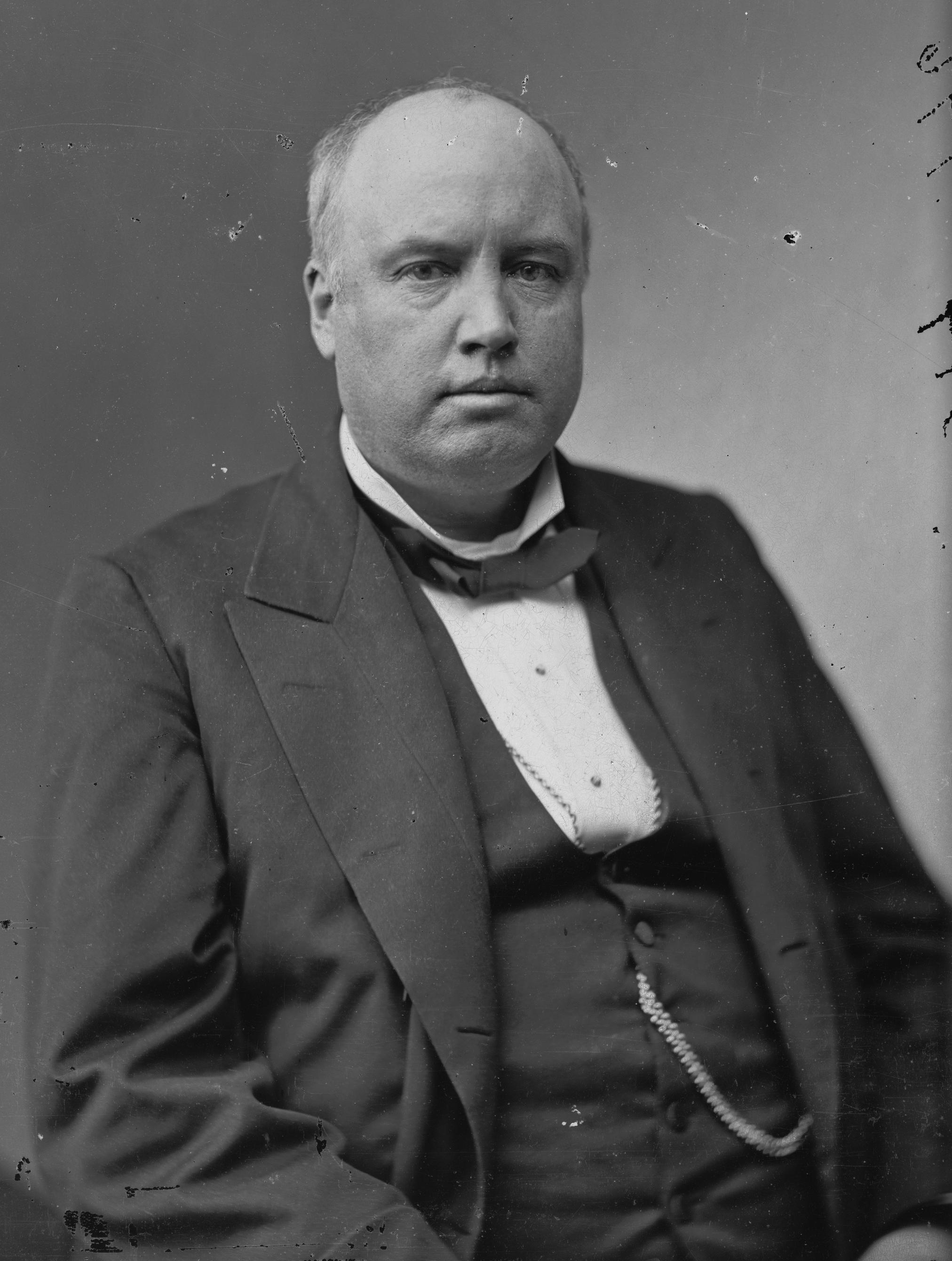Роберт Грин Ингерсолл знаменитые цитаты
Роберт Грин Ингерсолл: Цитаты на английском языке
Источник: Humboldt From 'The Gods and Other Lectures'
“With their backs to the sunrise they worship the night.”
Источник: Individuality From 'The Gods and Other Lectures'
Источник: Humboldt From 'The Gods and Other Lectures'
“Blasphemy is an epithet bestowed by superstition upon common sense.”
"To the Indianapolis Clergy." The Iconoclast (Indianapolis, IN) (1883)
Источник: The Works of Robert G. Ingersoll, Vol. V
Контексте: I do not rely upon superstition, but upon knowledge; not upon miracles, but upon facts; not upon the dead, but upon the living; and when we become absolutely civilized, we shall look back upon the superstitions of the world, not simply with contempt, but with pity.
Контексте: What is blasphemy? I will give you a definition; I will give you my thought upon this subject. What is real blasphemy?
To live on the unpaid labor of other men — that is blasphemy.
To enslave your fellow-man, to put chains upon his body — that is blasphemy.
To enslave the minds of men, to put manacles upon the brain, padlocks upon the lips — that is blasphemy.
To deny what you believe to be true, to admit to be true what you believe to be a lie — that is blasphemy.
To strike the weak and unprotected, in order that you may gain the applause of the ignorant and superstitious mob — that is blasphemy.
To persecute the intelligent few, at the command of the ignorant many — that is blasphemy.
To forge chains, to build dungeons, for your honest fellow-men — that is blasphemy.
To pollute the souls of children with the dogma of eternal pain — that is blasphemy.
To violate your conscience — that is blasphemy.
The jury that gives an unjust verdict, and the judge who pronounces an unjust sentence, are blasphemers.
The man who bows to public opinion against his better judgment and against his honest conviction, is a blasphemer.
Why should we fear our fellow-men? Why should not each human being have the right, so far as thought and its expression are concerned, of all the world? What harm can come from an honest interchange of thought?
“Liberty a word without which all other words are vain.”
The trial of Charles B. Reynolds for blasphemy (1887)
Контексте: It is impossible that there should be such a thing as real religion without liberty. Without liberty there can be no such thing as conscience, no such word as justice. All human actions — all good, all bad — have for a foundation the idea of human liberty, and without Liberty there can be no vice, and there can be no virtue.
Without Liberty there can be no worship, no blasphemy — no love, no hatred, no justice, no progress.
Take the word Liberty from human speech and all the other words become poor, withered, meaningless sounds — but with that word realized — with that word understood, the world becomes a paradise.
Контексте: Liberty is the condition of progress. Without Liberty, there remains only barbarism. Without Liberty, there can be no civilization.
If another man has not the right to think, you have not even the right to think that he thinks wrong. If every man has not the right to think, the people of New Jersey had no right to make a statute, or to adopt a constitution — no jury has the right to render a verdict, and no court to pass its sentence.
In other words, without liberty of thought, no human being has the right to form a judgment. It is impossible that there should be such a thing as real religion without liberty. Without liberty there can be no such thing as conscience, no such word as justice. All human actions — all good, all bad — have for a foundation the idea of human liberty, and without Liberty there can be no vice, and there can be no virtue.
Without Liberty there can be no worship, no blasphemy — no love, no hatred, no justice, no progress.
Take the word Liberty from human speech and all the other words become poor, withered, meaningless sounds — but with that word realized — with that word understood, the world becomes a paradise.
Liberty.
Источник: The Works of Robert G. Ingersoll, Vol. IX
The trial of Charles B. Reynolds for blasphemy (1887)
Some Reasons Why (1881)
My Reviewers Reviewed (lecture from June 27, 1877, San Francisco, CA)
“Celibacy is the essence of vulgarity.”
Rome, or Reason?, p. 61 http://www.archive.org/stream/thegreatcontrove00ingeuoft/thegreatcontrove00ingeuoft_djvu.txt
My Reviewers Reviewed (lecture from June 27, 1877, San Francisco, CA)
“The present is the necessary product of all the past, the necessary cause of all the future.”
What Is Religion? (1899) is Ingersoll's last public address, delivered before the American Free Religious association, Boston, June 2, 1899. Source: The Works of Robert G. Ingersoll, Dresden Memorial Edition Volume IV, pages 477-508, edited by Cliff Walker. http://www.positiveatheism.org/hist/ingwhatrel.htm
Вариант: The present is the child, and the necessary child, of all the past, and the mother of all the future.
The trial of Charles B. Reynolds for blasphemy (1887)
My Reviewers Reviewed (lecture from June 27, 1877, San Francisco, CA)
Rome, or Reason? A Reply to Cardinal Manning. Part I. The North American Review (1888)
Why I Am an Agnostic (1896)
The Liberty of Man, Woman and Child (1877)
